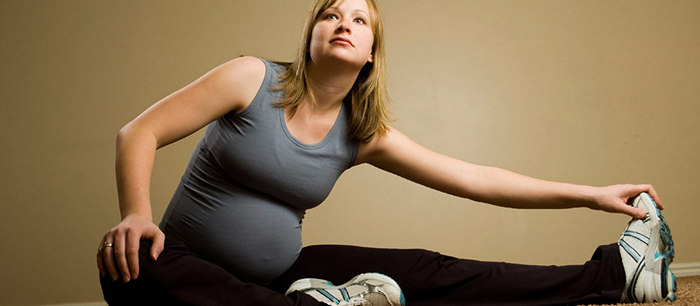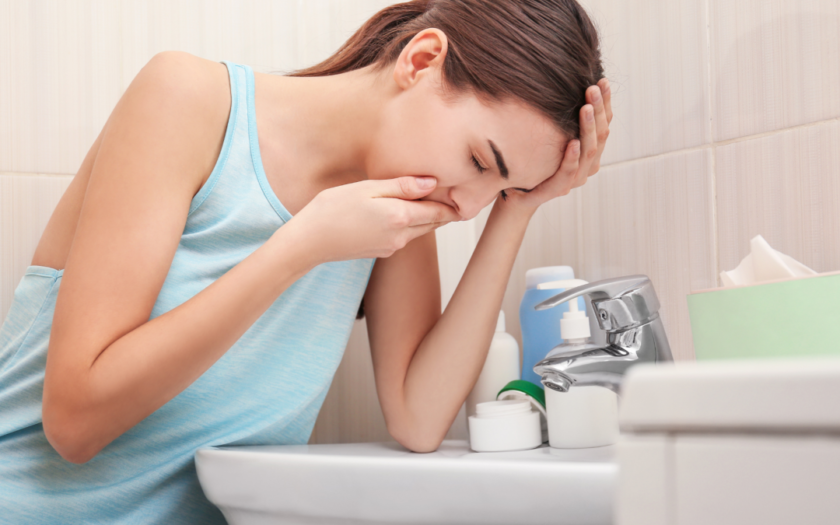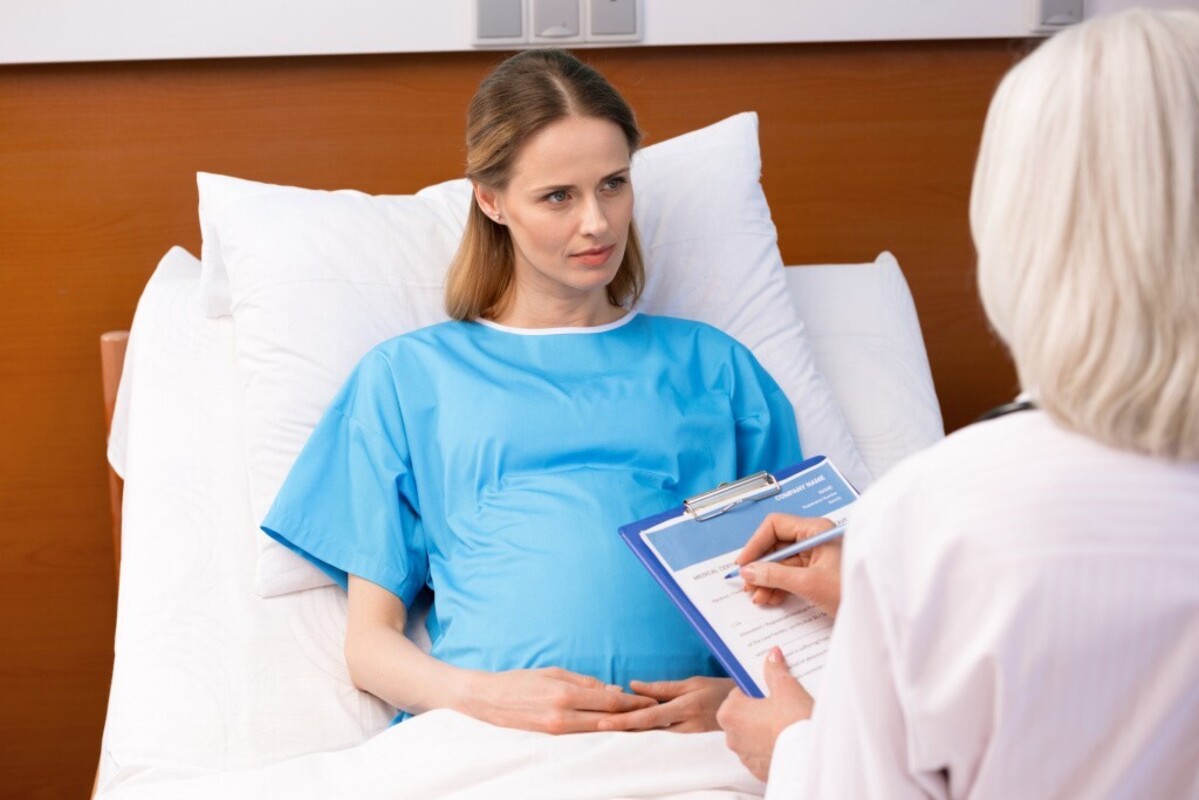Nearly fifty percent of all pregnant women experience muscle cramps during pregnancy. While these cramps most commonly occur in the legs, they can also affect the back, abdomen, feet, or hands. Muscle cramps are involuntary contractions that occur suddenly and are often accompanied by severe pain. Most expecting mothers report that these cramps tend to strike in the evening.
How to Prevent Muscle Cramps Naturally During Pregnancy
The best approach to managing muscle cramps during pregnancy is prevention. Here are some natural ways to help reduce the likelihood of experiencing these painful spasms:
- Stretching: Regularly stretching your muscles, especially before exercise or extended periods of use, can help prevent cramps. Stretching before bed can also be beneficial in reducing nighttime cramps.
- Stay Hydrated: Drinking plenty of water throughout the day helps keep your muscles hydrated, reducing the likelihood of cramps. Dehydration is a common cause of muscle cramps, so make sure to maintain adequate fluid intake.
- Essential Minerals: Ensuring you get enough calcium, potassium, and magnesium in your diet is crucial. These minerals play a key role in muscle function and can help prevent cramps. Foods rich in these nutrients include bananas, leafy greens, nuts, seeds, and dairy products.
How to Treat Muscle Cramps Naturally During Pregnancy
If you do experience muscle cramps, there are several natural remedies that can help alleviate the pain:
- Stretching: Gently stretch the affected muscle as soon as the cramp occurs. For leg cramps, for example, straightening your leg and flexing your foot can help relieve the tension.
- Massage: Massaging the cramping muscle can help relax it and reduce pain. You can also try massaging neighboring muscles to further relieve tension.
- Apply Heat: Use a heating pad, a microwaved cloth bag of rice, or an over-the-counter air-activated heating pad on the cramping muscle. Heat helps relax the muscle and ease the pain.
- Epsom Salt Bath: Soaking in a warm bath with Epsom salt can help alleviate muscle cramps. The magnesium in Epsom salt is absorbed through the skin, helping to relax muscles and reduce cramping.
- Ice the Pain: Applying ice or an ice pack to the cramping muscle can also help relieve pain. The cold helps numb the area and reduce inflammation.
- Combination Therapy: You can combine these methods for more effective relief. For example, start with stretching, followed by massaging the muscle, and then applying either heat or ice.
When to Seek Medical Attention
If your muscle cramps are frequent, severe, or do not respond to the natural treatments mentioned above, it is important to contact your healthcare provider. Persistent or severe cramps may indicate an underlying medical condition that requires different treatment.
Medical Treatment Options
If natural remedies are not effective, your healthcare provider may explore other options, including:
- Comprehensive Prenatal Vitamins: Your provider may prescribe or recommend a prenatal vitamin that ensures you are getting the necessary minerals and nutrients to prevent muscle cramps.
- Assessment for Nerve Compression or Inadequate Blood Supply: Your provider may need to check if there is nerve compression or inadequate blood flow contributing to your cramps.
- Medication: In some cases, your provider may prescribe nonsteroidal anti-inflammatory medications to help reduce or eliminate the pain associated with muscle cramps.
Muscle cramps can be a common discomfort during pregnancy, but with the right prevention and treatment strategies, you can manage and reduce their impact on your daily life.



